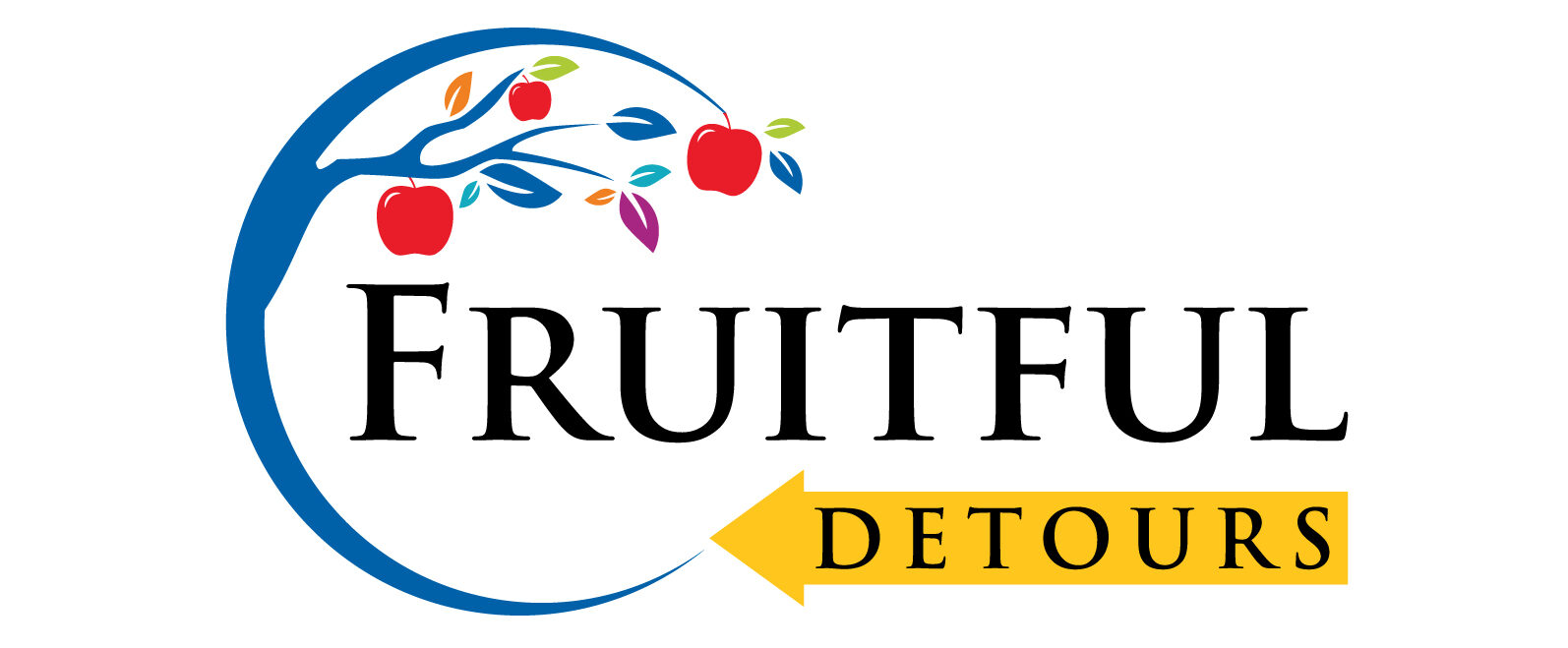The number of great ideas in our world is unlimited. We barely scratch the surface of ideas as we study in school. I’ve always been curious and am constantly on the lookout for helpful theories or new subjects of interest. Here are a few great thinkers that have had a big impact on my life so far and the way I see things. I’ll present them in the order that I was exposed to them.

James Brian Quinn
He’s not a household name, but James Brian Quinn developed a number of well-respected theories of business strategy that are still in use today. He taught Business Policy for many years at the Amos Tuck School of Business at Dartmouth, and wrote several books on the topic. Quinn was an intimidating teacher — he taught by the case method, where in each class session one student was called on to present a detailed account of a business situation and analyze it. He modeled a way of thinking about issues that has served me well throughout my life. One of his most salient ideas is called “logical incrementalism.” This is the development of a goal and a strategy to move toward that goal with each step of a plan, no matter how small the step. He was clear that the goal had to be set with a great deal of thought, and large changes in an organization — “betting the farm,” were often poor strategic choices, because they were very costly to modify if external situations changed.
Dr. Quinn served as chair on the Clinton Administration’s Academic Committee for Policy Review on Innovation and Productivity, advised the Gorbachev government on establishing a market economy in the Soviet Union in 1989, and consulted for a number of multinational corporations. He wrote many journal articles, and published several books, including Strategies for Change: Logical Incrementalism, and Intelligent Enterprise.
The biggest gift Dr. Quinn gave to me was teaching me how to think carefully in the presence of incomplete facts. He would not tolerate poor logic, but he recognized that one didn’t always have enough information to develop a completely accurate answer to a problem. His solution was to use the information that you had to develop plausible scenarios, and to think about how those scenarios might change. He kept asking questions until I began to understand how to develop those same questions on my own.

John B. Cobb, Jr.
John Cobb is a theologian and a philosopher. Some of the biggest difficulties I encountered in learning about Christian faith were the really big questions, like “If God is omniscient, do we really have free will?” or “How can a good God allow evil in the world?” The answers that some theologians developed didn’t seem realistic to me. Some would try to explain away these issues with the suggestion that God’s time is different than our time, or God’s movements were beyond our understanding. If God is omnipotent and good, it seems to me that there would be no war. But there is.
Dr. Cobb offered a new way of thinking about God and all the problems that I was finding. He studied the work of Alfred North Whitehead, a philosopher who wrote about process philosophy — the idea that reality isn’t composed of particles of matter that exist apart from each other, but instead is a series of processes that are related to other processes. This is the same thinking that is currently used in physics to explain the structure of atoms and the theory of relativity. What Cobb did is to apply this philosophy to theology. These ideas recognize that our world is always changing, dynamic, and relational. Freedom is an inherent property in this view, and while God is amazingly powerful, that power comes from possibilities that are offered to all persons at all times without any requirement to accept any of those possibilities. We are at all times co-creating with God.
This system of process theology holds together better in my view than any other, and has allowed me to deepen my own faith. It allows for seeming contradictions — that God is in each of us, and is also our partner in the world. Looked at in this way, God works in the world not by fiat, but by persuasion and invitation, and gives us the freedom to make the wrong choice. If we do choose poorly, God is there in the next instant offering us the next best possible choice.
Cobb has written several books, including Process Theology: An Introductory Exposition and The Process Perspective II. These are not easy books to read, as the ideas are new, the books are dense, and he liberally uses philosophical terms like concrescence that I often have to look up.
Alfred Adler
Alfred Adler was a medical doctor and contemporary of Sigmund Freud. He refuted the psychoanalytic psychology of Freud and developed his own school of psychology called “Individual Psychology.” His theories focus on choices that every human makes in the service of a goal. He was particularly interested in how individuals conceptualize and then seek out success in life. He developed the concept of an “inferiority complex,” which has been widely misunderstood. For Adler, feelings of inferiority were strong motivators to strive for success in life.

Adler was the first holistic psychologist, considering each person’s environment and social context as well as their thoughts, feelings, and behaviors. His interest in these relationships moved him to develop a social psychology that included community centers where parents were given classes about providing encouragement and guidance to children, rather than punishment.
Everything can always be different.
Alfred Adler
I have benefitted from a number of his theories in my work as a psychologist and a pastor. He talked about gemeinschaftsgefühl — a German word that means “community feeling.” He felt that developing relationships with others was healing, and even said “Mental health is an interest in the interests of others.” Promoting community feeling not only helped the individual, but the community as a whole.
Adler developed a number of assessment and therapeutic techniques, most of which were aimed at helping individuals to make better choices. He introduced the concept of “style of life,” which looks at the unique ways that each person approaches life’s challenges, and helps to discover an individual’s “private logic,” by which he meant the (sometimes flawed) ways in which a person justifies their choices and style of life. This kind of therapy was the precursor to Cognitive Behavioral Therapy (CBT), which is the most widely researched evidence-based technique used today, and continues to influence my work with patients. Adler worked with some incredibly difficult patients, but he always remained optimistic, as can be seen by his statement, “Everything can always be different.” (Alles kann auch anders sein.)
Other Influences
There are many more amazing authors and teachers who have taught me some great ideas: Frederick Buechner, Marcus Borg, Reinhold Niebuhr, Sallie McFague, Paul Farmer, Aaron Beck, Stephen Hayes, and Joseph Fletcher, to name a few. I give thanks for all of them, and hope that others can benefit from their wisdom.



One reply on “Ideas That Shaped Me”
Bob: thank u for helping me honor and remember some those who had a significant influence on my early life. Both those with whom I rubbed shoulders and those who I was prompted to read !